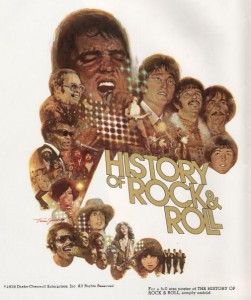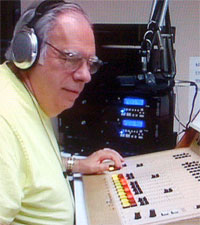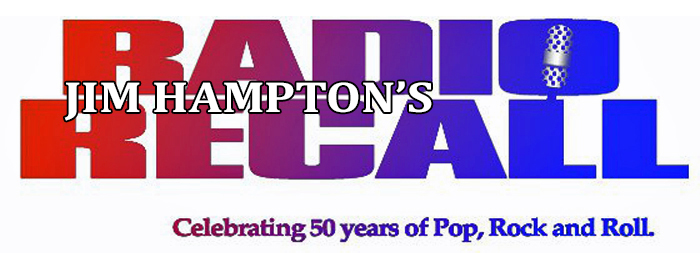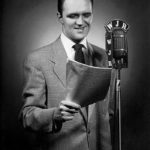
Aficionados WJBK’s prime as a Top 40 radio station will remember the voice of “Good Guy” Clark Reid. Reid, who worked at WJR before he played the hits, was part of a team that included Marc Avery, Robert E. Lee, and the many personalities who took on the “Jack The Bellboy” moniker at Radio 15.
Reid never really left the business, moving to the role of marketing communications specialist with the Wilding and Ross Roy agencies, culminating with his retirement in 1991.
Clark Reid passed away on February 3, 2012, ironically, the anniversary of the “the day the music died”, when an airplane crash that took the lives of Buddy Holly, Ritchie Valens, and J. P. “Big Bopper” Richardson.
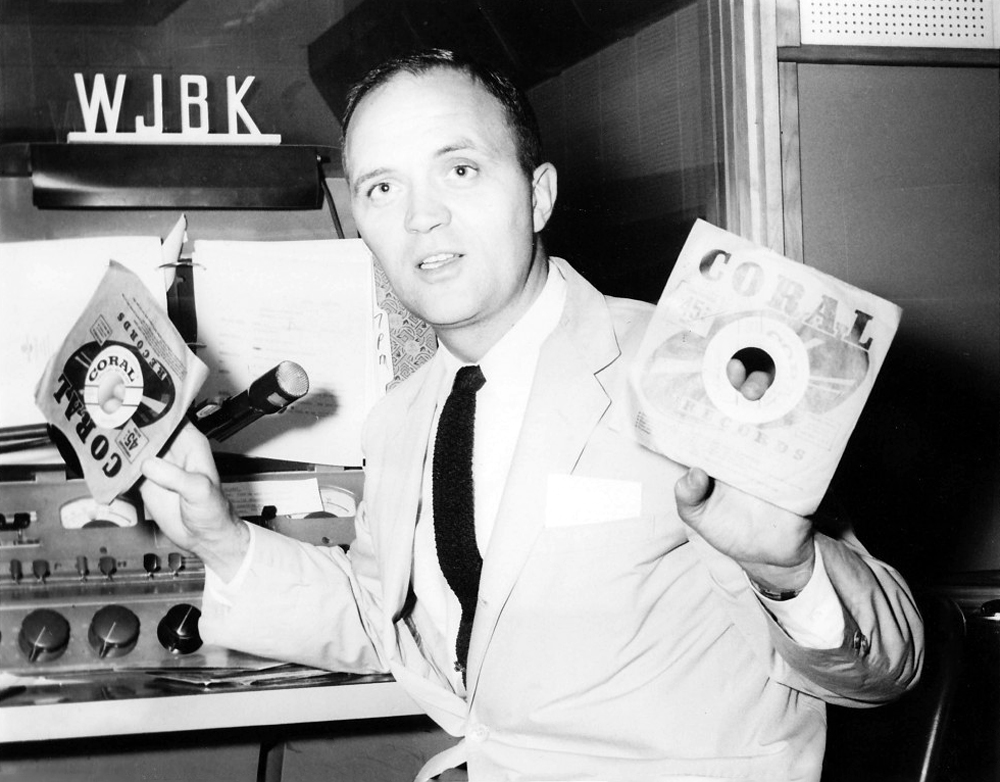
MCRFB remembers Clark Reid with two classic audio sound bytes from his WJBK days.
WJBK-AM 1500 * CLARK REID
WJBK-AM 1500 * CLARK REID * REID JINGLE
![]()


